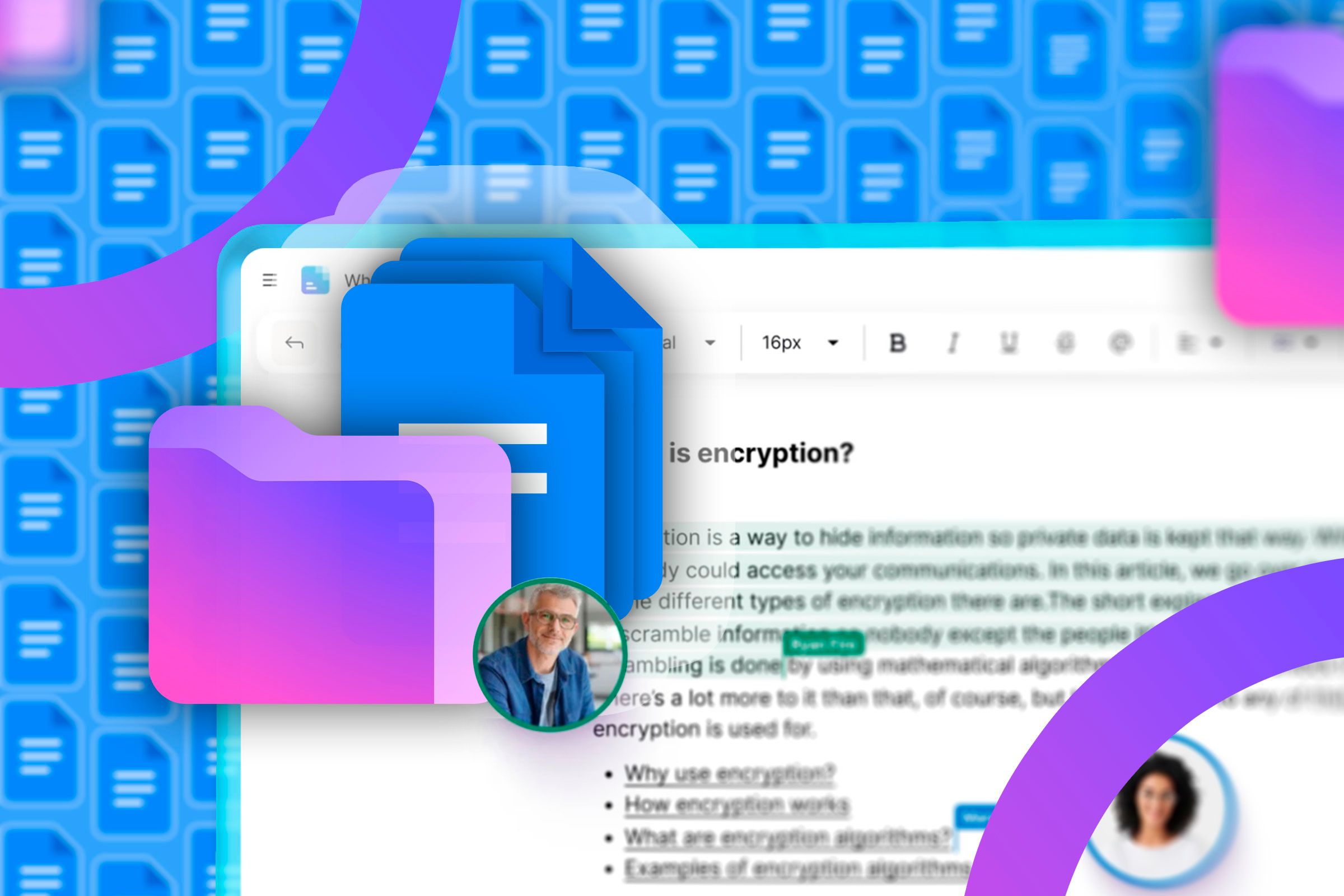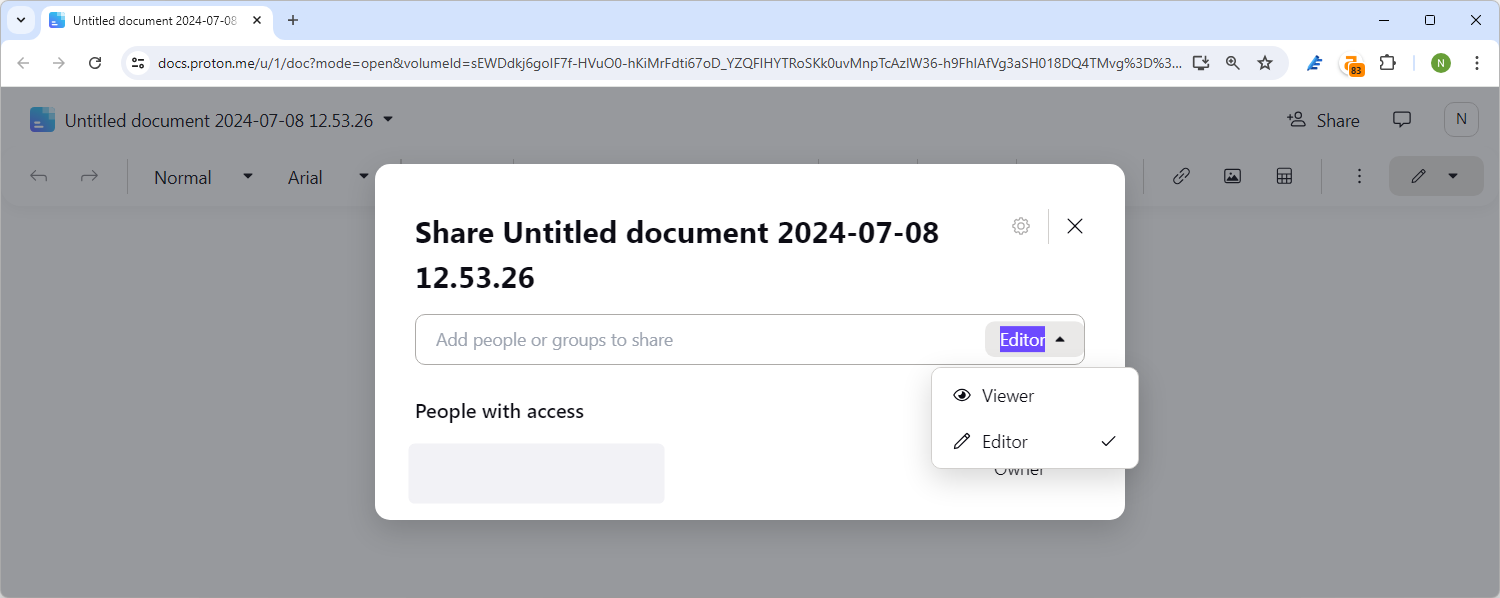Key Takeaways
- Proton Drive has a collaborative document editing app with end-to-end encryption.
- Proton Docs is an intuitive alternative for Google Docs users with some key feature differences.
- Despite some early drawbacks, Proton Docs is a good choice for those who are privacy-focused.
Proton Docs is the latest feature of Proton Drive and the first collaborative document editing tool to feature default end-to-end encryption. Not only does this give you privacy down to the keystroke, but your documents will also be protected against data breaches and third-party access.
What is Proton?
For those unfamiliar with them, Proton is a privacy-first tech company that began in 2014 with the launch of its private email service, Proton Mail. They have since expanded to include Proton VPN, Proton Pass—a password manager, Proton Calendar, and Proton Drive. Proton has also acquired the email alias service SimpleLogin, along with the note-taking app, Standard Notes. As their primary focus is internet privacy, all of their services provide end-to-end encryption by default without hindering productivity.
Proton Docs Vs. Google Docs
The first thing I noticed when opening Proton Docs is how strikingly similar the layout is to Google Docs while maintaining Proton’s style. The icons and layout are all very typical for document editors, which means users comfortable with Google Docs or Microsoft Word won’t have any issues getting started.
Collaborating in real-time is also a breeze with easy-to-navigate sharing features and instant updates between users. These two aspects alone make using Proton Docs very intuitive for Google users.
That said, there are some major differences. One of the biggest problems (and it is a fairly small one) for me is that the default font sizes are larger than the standard sizes of other document editing tools. Proton Docs defaults to size 16 font, whereas 11 or 12 is what you’d typically expect.
Some other drawbacks are:
- Documents can’t be edited offline
- There’s no word count option
- Blank documents must be manually deleted.
Additionally, due to privacy restrictions, Grammarly and similar writing tools are unusable.
Not all of Proton’s differences are bad, though.
I personally love the default paperless view, though I hope Proton adds an option to change this for users who aren’t as fond of it. I also appreciate that Proton Docs opens a new document or the Proton Drive home page in a new tab, unlike Google Docs, which operates within a single tab.
Is Proton Docs Worth the Switch?
Whether Proton Docs is worth moving to comes down to whether you value privacy or convenience more, how much storage you need, and how much you’re willing to pay. Proton Docs uses your Proton Drive storage, and you only have 5GB free by default. If you need more, you can pay $4.99 for 200GB monthly, or $12.99 monthly for 500GB. For context, Google Drive offers 15GB for free, 100GB for $1.99 dollars, or 2TB for $9.99 monthly.
Though Proton Docs offers the same basic experience, there’s no ignoring the key features it lacks in its infancy. However, if you can work around these early-stage issues or are curious about what Proton Docs has to offer, visit Proton Drive and click New to start your first document!



